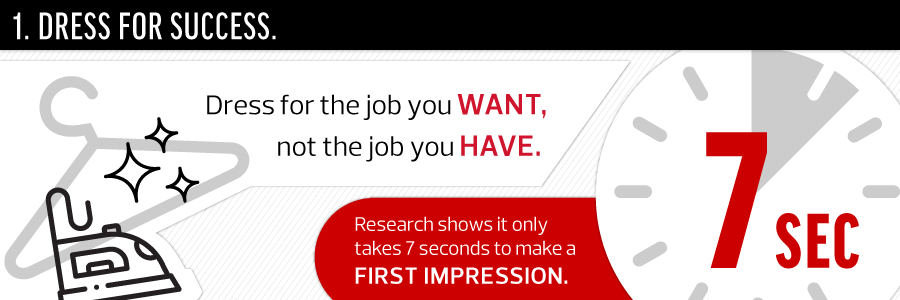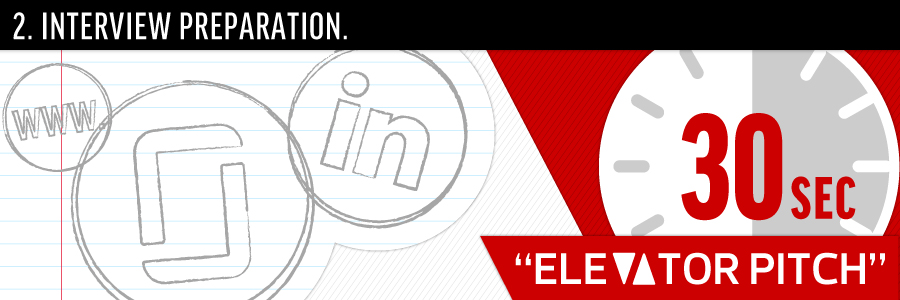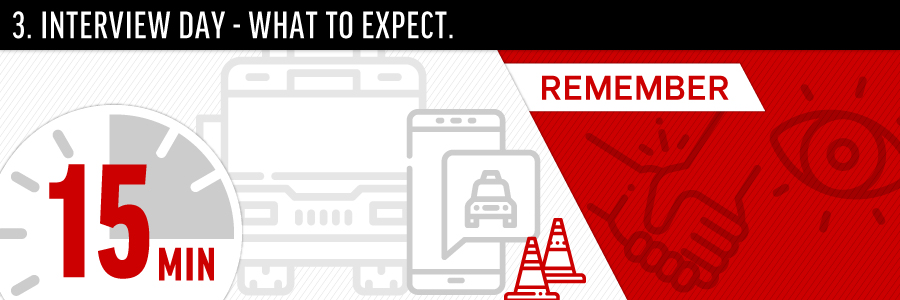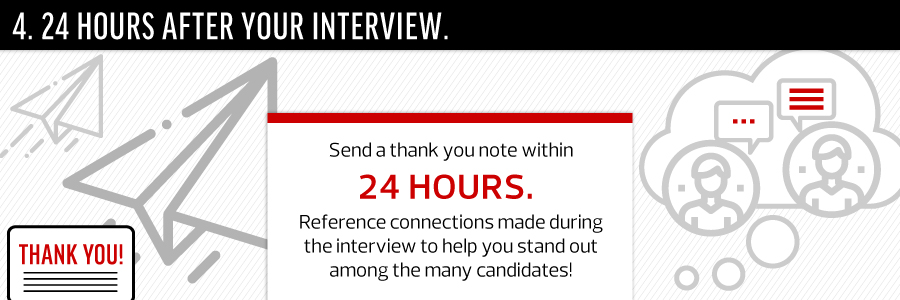Careeradvice
Four Tips to Prepare for Your CDW Interview
Congratulations! You submitted your application, and now you’ve got the interview. To succeed in the interviewing process and land the job, it’s essential that you prepare ahead of time. Here are some tips that are sure to make you a standout candidate.

The advice has been said time and time again: dress for the job you want, not the job you have. Still, candidates have undergone interviews in jeans, t-shirts and other clothes not normally suited for the workplace and have found themselves shy of getting an offer.
First impressions and the ability to present yourself can be everything. Research shows it takes about 7 seconds for someone to develop a first impression, and the same goes for hiring managers when seeking the perfect fit. This first impression extends to both verbal and non-verbal cues. Smile! Make eye contact! Have a firm handshake and show the interviewer you are happy to be meeting with him or her. Managers want someone who is presentable and willing to take the necessary steps to succeed in their career.

Strategically research and take notes on the company. Utilize resources like the company’s website, peruse the latest earnings release if publicly available, review LinkedIn and Glassdoor profiles to get a better understanding of the organization’s background, and understand the company’s mission, vision, and values. Depending on the company, assess their products, services and markets served. From this information, you should develop a list of questions to ask the interviewer.
Prepare an elevator pitch. An elevator pitch is a succinct, 30-second persuasive sales pitch about yourself and why you’d be the best candidate for the role.
Review the job description and become comfortable talking about your skills, qualifications and resume and how they relate to the position you're interviewing for. When asked behavioral, resume-based and case questions, draw on specific examples from previous work experiences, internships and your education. You should prepare and practice responses to these questions by yourself or with a peer to feel comfortable and confident when it’s time for your interview.
Plan to bring extra copies of your resume, paper and a pen so you can write notes throughout your interview, although it should never become distracting. Do note, some initial interviews may be virtual interviews using video technology. Test your device and make sure the technology works prior to your FaceTime/Skype/Webex /HireVue interview to avoid any issues.

It is essential you arrive at least 15 minutes early to your interview. Whether you are driving, taking public transportation or Uber, factor in the amount of time it might take if there is traffic or detours to ensure you aren’t late.
You will most likely be meeting with the hiring manager and stakeholders for the role. Introduce yourself to your interviewer with a firm handshake and steady eye contact. Because it’s easy to feel nervous, do your best to relax and be yourself. When they begin asking questions, it is important to remember that your hiring manager is human, too and doesn’t want to make you feel any pressure with the questions at hand.
Interviews shouldn’t be one sided. The best interviews are a conversation, when both the hiring manager and interviewee connect. More importantly, the hiring manager wants to hear “your story.” Always have questions ready to ask the hiring manager at the end of the interview. By preparing 3-5 questions, it shows that you are interested in the role, the company and working with their team.
"As a candidate, take the opportunity to convey to your potential manager and the hiring team that you want the job and you want to be a part of the organization. It seems like a small thing to say, but when done authentically, it is often the difference between a job offer or a decision to go with another candidate who seemed more engaged in the opportunity to join the team," said Jon St. Peter, Senior Manager, Talent Acquisition at CDW.

Be sure to get a business card from the hiring manager and stakeholders. If you have your own cards, the end of the interview is the perfect time to exchange. Business cards give you the correct information of your hiring manager like their name, phone number, office and email address.
Expect to send a thank you note within 24 hours of your interview to the hiring manager. It is important to thank them for their time and consideration. If you made any specific connections during the interview, it may be helpful to reference them, especially if they are meeting many candidates for the role. "When you write a thank you letter (or don’t), you are demonstrating your follow-up skills and respect for the opportunity to interview. A follow up letter allows you to reiterate with thoughtful detail why you are a compelling fit for the role. If you met with several people, send them personalized emails. You can reuse a couple of the core elements, but take the time customize based on your conversations," shares Amy Rizzo, Manager Talent Acquisition at CDW.
When preparing for your interview, one of the most important pieces of advice is to
be yourself and believe in your achievements.
Confidence makes all the difference when you are looking to land the job. Hiring managers look for people who will make a positive impact on their team.
CDW Team
